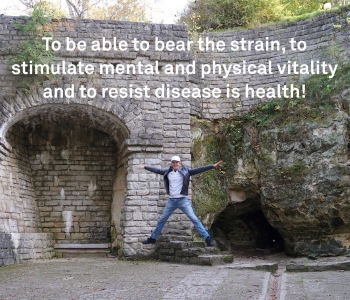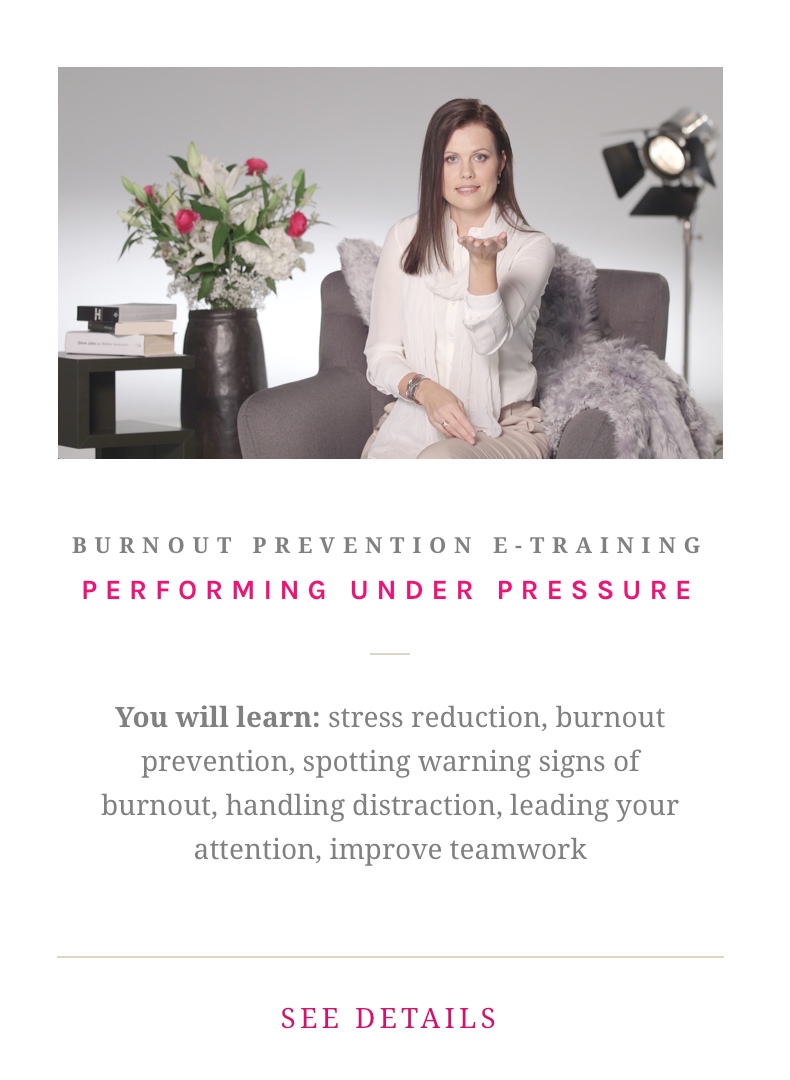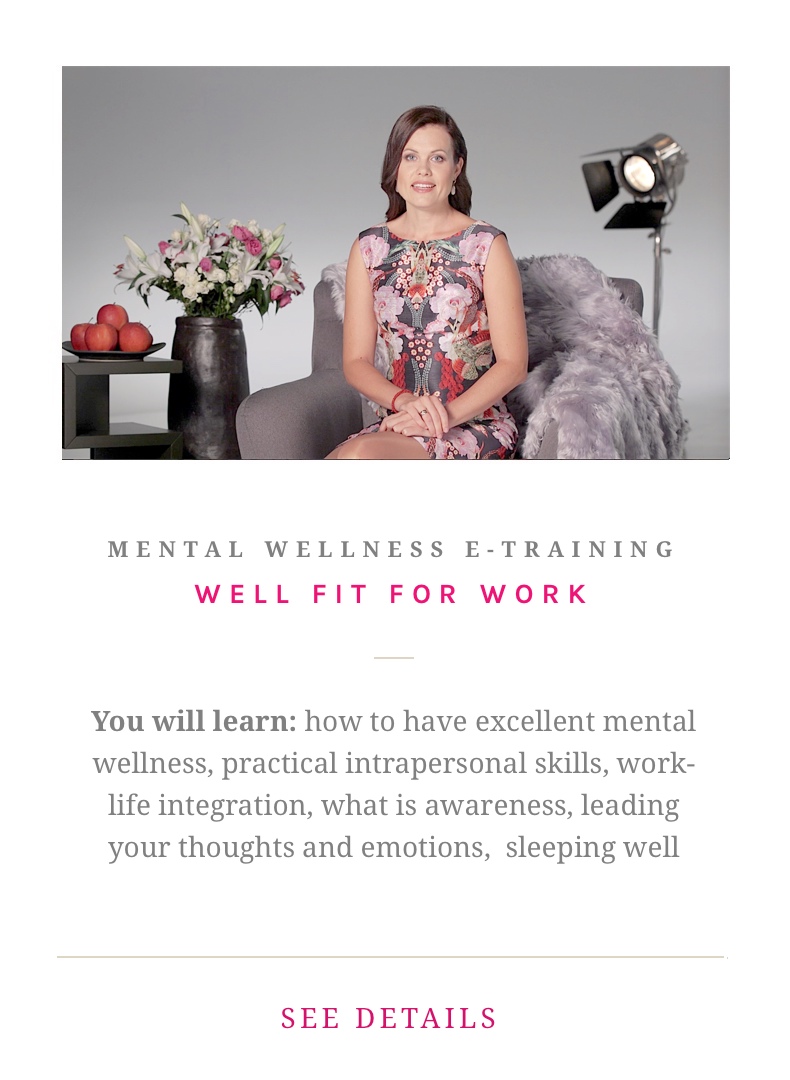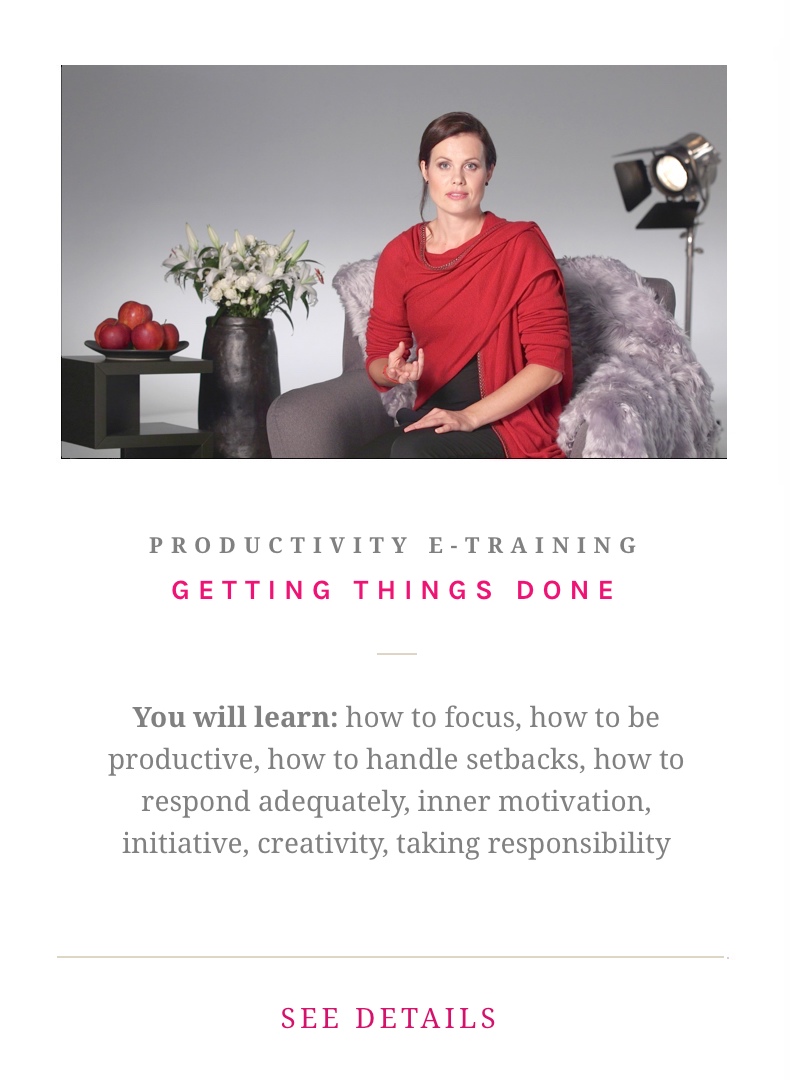Beyond Burnout: How Presenteeism Erodes Workplace Performance
Have you noticed that presenteeism is increasingly undermining the foundations of employee engagement and productivity?
This phenomenon, where individuals are physically present at their workstations but mentally absent, preoccupied with internal stressors, represents a growing challenge to organizational well-being.
While traditional workplace health strategies have tended to focus on reactive mental health measures, these alone aren’t sufficient. In today’s busy and overstimulating work environments, where professional and personal boundaries are increasingly blurred, the inability to address mental distraction and internal stress is proving to be a costly oversight.
For years, the corporate focus has leaned heavily on managing mental health once symptoms surface. Unfortunately, this approach leaves a critical gap: the absence of a proactive, health-centric culture that supports mental wellness before problems escalate.
We all have mental health. The question is, is yours good or bad? More importantly, what do you do weekly to keep your mind fit and well?
Behind work struggles is presenteeism
The reality is, that most employees are struggling silently with stress, as 9 out of 10 are stressed. But that isn’t all, as worry and anxiety are equally present.
So, it is no wonder that people experience burnout and mental health issues as they lack intrapersonal education that allows them to deal with their challenges.
The result is a workforce that appears present in the office. You see their physical bodies behind the desk or in the meeting, but in reality, they are distant from what is happening in real time in their minds. This invisible disengagement not only reduces productivity but also fosters long-term organizational inefficiencies.
Presenteeism manifests in many subtle yet damaging ways. Employees may appear occupied, eyes fixed on their screens, but their minds wander through a storm of personal worries: fear, anxiousness, work-related or financial stress, family concerns, emotional fatigue, etc., occupy their minds and add inner instability.
Their work output becomes mechanical, lacking attention, intention, creativity, and/or strategic focus. This means seeing purposeful results takes longer, errors increase, and genuine engagement fades.
Despite people being physically at work, their mental bandwidth needed for problem-solving, innovation, and meaningful collaboration is heavily compromised. As a result, their work results and their health, and their relations suffer. Their customers and family members become unhappy, and this further distances them from work.
Lack of personal responsibility
As we have opened up in many previous blogs, responsibility is your inner power to respond with awareness.
Responsibility is the conscious response that gives you inner freedom and power to act. Conscious choices are freeing. All inner reactions are imprisoning and limiting.
Unmanaged inner reactivity – whether it shows up as outbursts of anger or quiet dissatisfaction – is one of the most common reasons professionals lose their sense of control.
When emotions run wild or are suppressed, they often surface externally, damaging relationships, decision-making capacity, and team morale. This again increases stress and burnout.
|
Presenteeism, in this context, isn't just about showing up physically but mentally and emotionally checking out. It reflects a subtle withdrawal from responsibility, decision-making and ownership of work. Over time, this detachment erodes employee engagement, reduces performance, and quietly undermines the culture of accountability.
It is time to move It is time to move beyond burnout and disengagement as we have opened up before.
Stress, burnout and disengagement are interconnected
Gallup's 2025 State of the Global Workplace report paints a stark picture: only 21% of employees globally are actively engaged in their work.

According to the same report alarming 62% are "quiet quitting". They are doing the minimum required, while they remain detached from their organizations. Another 17% are "loudly quitting" as they are actively disengaged and potentially harming team morale.
These findings aren't just about morale; they point to a critical productivity drain.
At the root of presenteeism lies a workplace culture that often discourages employees from prioritizing their mental wellbeing. Employees who have no intrapersonal skills are required to manage themselves alone. It is natural that it fails and leads to mental health issues.
However, you can’t use the skills you don’t have. The fact is that awareness-based intrapersonal skills aren't taught in schools. People are required to show up, as this is what secures their salary.
Whether due to unrelenting performance pressure, fear of being judged as underperforming, or rigid absence of proactive mental wellness policies, employees frequently opt to be present even when their mental state prevents them from contributing effectively.
This cycle creates a deteriorating loop: stress rises and leads to presenteeism, presenteeism erodes performance, poor performance again increases stress, and the spiral continues until people burn out or get a mental health diagnosis.
Mental health conditions like anxiety and depression often compound the issue. In many workplaces, stigma still surrounds open conversations about mental health, making employees reluctant to seek help or admit they are struggling.
When individuals suffer in silence, businesses lose out on their potential. The Harvard Business Review noted a while ago that productivity losses due to presenteeism are nearly three times higher than those from absenteeism, a figure that underscores the hidden yet immense cost of inaction.
To disrupt this cycle, workplace leaders must adopt a workplace-wide proactive approach to workplace mental wellness. The answer lies not simply in recognizing the problem, but in reshaping how businesses support mental fitness at every level.
Mental fitness, like physical fitness, requires regular training, support, and cultural reinforcement. It is about training intrapersonal skills that allow individuals to remain focused, calm-minded, and resilient, even under extreme pressure.
You can learn how to reduce stress and perform well under pressure, and we have a training for this that is relaxing, fairly priced, and changes the scenery at your workplace.
A systematic, proactive mental wellness approach involves shifting away from a reactive, crisis-response model to one that invests in prevention and development.
Training programs that teach practical techniques for managing stress, improving emotional regulation, and enhancing focus are transformational. We offer such efficient online trainings, and these help employees become more aware of their mental states and offer tools to reset and regain clarity when challenges arise.
Foster a radically open-minded work culture
Moreover, proactive mental wellness strategies foster a culture where open dialogue is encouraged and mental wellness is seen as an essential element of professional success. A radically open culture is easy when people have fit minds.
In such a culture, people discuss solutions, offer improvements, and dare to speak up. Open discussions and willingness to test and fail without punishment improve work results.
When leaders model and support mentally healthy behaviors, they create permission for others to do the same.
In such an open work culture, taking breaks, prioritizing rest, and speaking openly matter. Speaking openly is here extended to talking about health and securing wellbeing.
Open discussion earns the trust of employees and secures psychological safety. This allows the shared responsibility and well-being to grow across the organization.
A more conscious decision is the new paradigm to aim for!
Conscious companies are beginning to embrace these shifts described above. They are embedding mental wellness into their organizational strategy, offering intrapersonal skills training that allows more resilience and agility. Such innovative businesses understand that when employees are mentally fit, they are more creative, collaborative, and invested in their work.
Creating a workplace culture that supports mental fitness allows for enhanced employee retention and talent attraction. In an era where the best talent seeks not just compensation but purpose, growth, and well-being, companies that prioritize mental wellness proactively gain a significant competitive edge.
When people feel mentally supported, they are more likely to remain loyal, bring their full selves to work, and contribute with passion.
Critically, this transformation requires alignment from the boardroom to the front lines. Business and HR leaders must lead the charge by integrating mental wellness into people strategies, performance reviews, and leadership development.
Leaders and mid-level managers must know how to spot their own early signs of stress and mental strain. When their minds are calm and fit they can adequately respond with empathy and support.
People need to be encouraged to take restoration pauses and have reflective group discussions on how to secure mental wellbeing (all Wellness Orbit online trainings have group discussion guidelines).
Wellness is about being well and remaining well. It is important to notice that wellness, including mental wellness and mind health, is are stigma-free topic. We all need to keep our minds fit and well, and, in that sense, the new proactive mental wellness approach that we promote is for all.
Proactive mental wellness is a workplace-wide effort. So, measuring progress in securing mental fitness should also become part of the organizational dashboard. Just as KPIs track financial and operational performance, businesses should track indicators of psychological well-being.
Regular self-evaluation surveys (also built into all Wellness Orbit e-trainings) can offer employees real-time insights into how well they are doing.
Mental fitness strengthens resilience
A focus on mental fitness strengthens both organizational and personal resilience.
In a fast-changing business and economic environment (due to tax and currency wars), the ability of employees to adapt fast and perform under pressure has become a key determinant of success.
Proactive mental wellness training helps individuals build cognitive flexibility, reduce reactivity, and approach challenges with a solution-oriented mindset. These are more than just soft skills; intrapersonal skills are strategic assets.
|
Importantly, investing in mental wellness isn't a cost; it is a multiplier. Deloitte has proven over the years 3 times that a workplace-wide training-based mental wellness approach has up to tenfold ROI. We hear similar stories from our customers.
When presenteeism is reduced and mental wellness improved, employee engagement increases. Such return on investment is seen in productivity gains, reduced absenteeism, improved team cohesion, and enhanced innovation.
A workplace that is mentally well becomes a place of vitality, learning, and shared purpose. A fit mind understands why it works, aims to do its work impeccably, and manages all communication well. This allows a radically open-minded culture, where people are fearless and see their work as meaningful.
Conclusion
The message is clear: presenteeism isn’t for the most part, not a personal failing; it is mainly a signal of a lack of mental wellness at work.
Low employee engagement and high presenteeism levels reveal where culture, support systems, and leadership practices fall short. If leaders are stressed and burned out, so are their employees. If leaders have fit minds, they look like their staff knows how to keep their minds fit and well.
By placing mental wellness at the heart of work-related success, leaders, with the help of people, can build work environments where people are thriving.
To future-proof your organization, you must go beyond slogans and wellness days of campaigns (we still have Mental Health Month in the U.S.). You truly need a systematic, integrated approach to mental wellness, and it needs to empower individuals and strengthen teams from the inside out. Because a mentally fit workforce isn't only more productive but also more human and equipped to navigate between challenging work tasks with clarity and purpose.
In a world full of noise, the greatest advantage you can offer your people is a calm mind that is ready to act and take responsibility. Now is the best time to invest in mental wellness and see tenfold ROI!
This blog post is contributed by Kaur Lass




.jpg)



